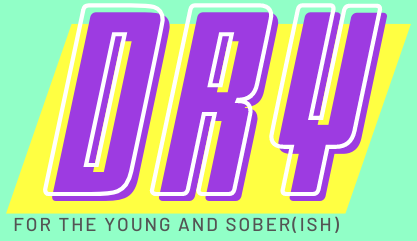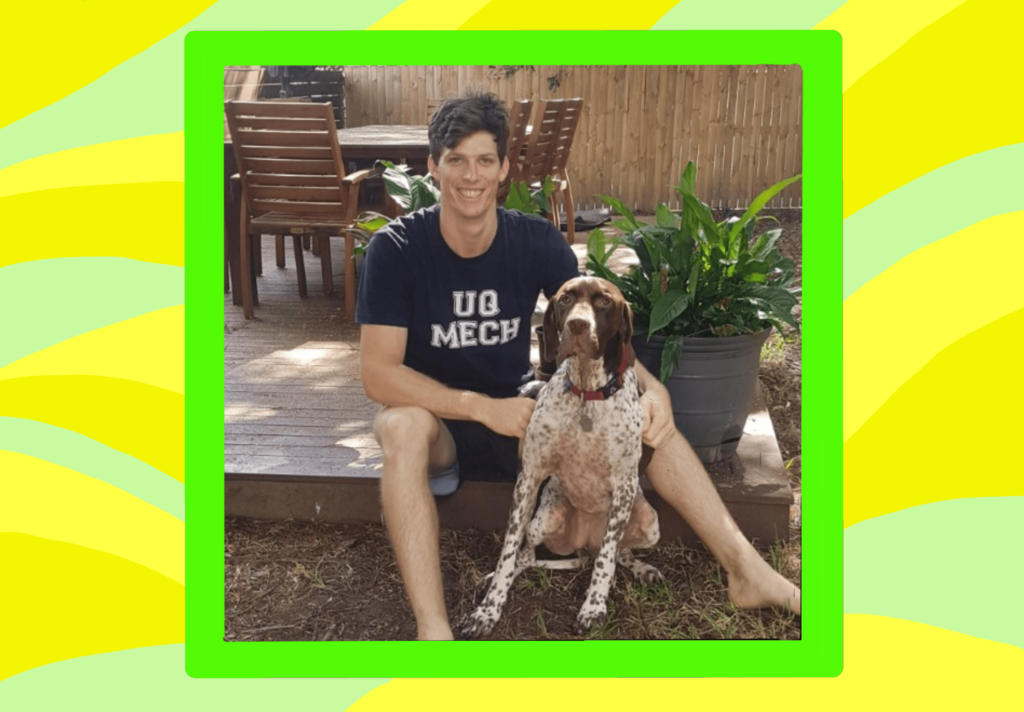I have never drunk alcohol. The main reason has been wanting to maximise my academic and athletic endeavours, without compromising my potential. I’m a former professional AFL footballer from Australia’s Flinders Ranges, currently completing my PhD in engineering science at the University of Oxford as a Rhoades Scholar. There were moments as a child that heavily influenced my decision, but one stands out. I’m eight years younger than my second eldest brother and I remember being 12-years-old at his 21st birthday. My brother was a bright lad who was very academically inclined in high school but, like many others, he went off to university and went a little crazy. At his 21st, I recall seeing him go wild, totally writing himself off for the next couple of days and not getting much help from his mates who were enjoying the spectacle of his drunken state. All this was set against the backdrop of my brother, for the first time in his life, not doing particularly well academically. All I thought was: What a waste of talent.
In hindsight, my young self was probably too harsh on my poor brother. He doesn’t love that anecdote. Fortunately, he’s done very well for himself since graduating. However, that night made me dubious about drinking. Then came the first time that I was presented with an opportunity to drink. I was 13 and hanging out with my footy team after a game. One of my teammates had managed to obtain a can of Red Bear beer and everyone began taking swigs. When it got to me, I just said ‘no thanks’ and I’ve been saying ‘no thanks’ ever since. Because I said no the first time I was in that social setting, it’s been easy to keep saying no – I built that habit as a teenager.
I’d be lying if I said things have always been simple, though. Back home in Australia, many environments in my life provided pressure to drink. Within social settings at university and sporting settings – even professionally – drinking was a big part of those atmospheres. Thinking about it, I’ve missed out on certain experiences because of my choice not to drink. Obviously, I was able to partake in social events to an extent, before getting tired and driving home. But the bonds people build during those footy trips or nights out are quite important socially. Inhibitions are lowered when people drink; firm friendships can be built over a single night, unlike me needing to put in weeks’ worth of interactions. Despite that, once I had a group of mates that understood I didn’t drink and that it’s non-negotiable, it was fine. My sobriety just became a part of our interaction – they’d have a beer and go a bit silly and I’d have a lemonade or two and get a sugar high.
As someone who played football professionally, only to have my career end at 22-years-old due to a concussion, continuing to not drink made even more sense from a health standpoint. When I was forced into an early retirement from AFL, my brain and my academic accomplishments became even more critical to future success – although they were always at the forefront of my mind during my career. Ultimately, being sober has morphed into a lifestyle choice. I like being able to wake up after a night out and feel good, or at the very least not hungover. It’s nice to get on with life.
From a social perspective, I have struggled with really loud music since the concussion, so daytime activities or anything sports-related are great for me. Interestingly, since arriving in Oxford, it’s probably been harder not to partake in drinking than it was back home. It really is the central theme of many interactions. However, I’m always happy to get up and have a dance and make a bit of an idiot of myself. I just run out of puff a lot quicker than everyone else; endurance has never been my strong suit.
For anyone looking to explore sobriety or looking at cutting back, I think it would be best to establish some clear-cut boundaries. For example, perhaps try not drinking during the week. Or, slowly start weaning yourself off alcohol and let your friends acclimatise to your new habits. It must be so much harder to cut back if you are, which is why I’ve always been steadfast in never trying alcohol.
Something that has really helped me is having a bit of a ‘gag drink’. At university, my drink of choice was cream soda. I’d always make jokes about “getting on the creamings tonight” which became an effective tool to normalise the fact I wasn’t drinking alcohol. A ‘gag drink’ and some jokes really helps signify that you’re coming along for the ride and are willing to engage in the social activity, which is ultimately all people want: everyone on board for a fun night out.
Featured picture: Justin Clarke

